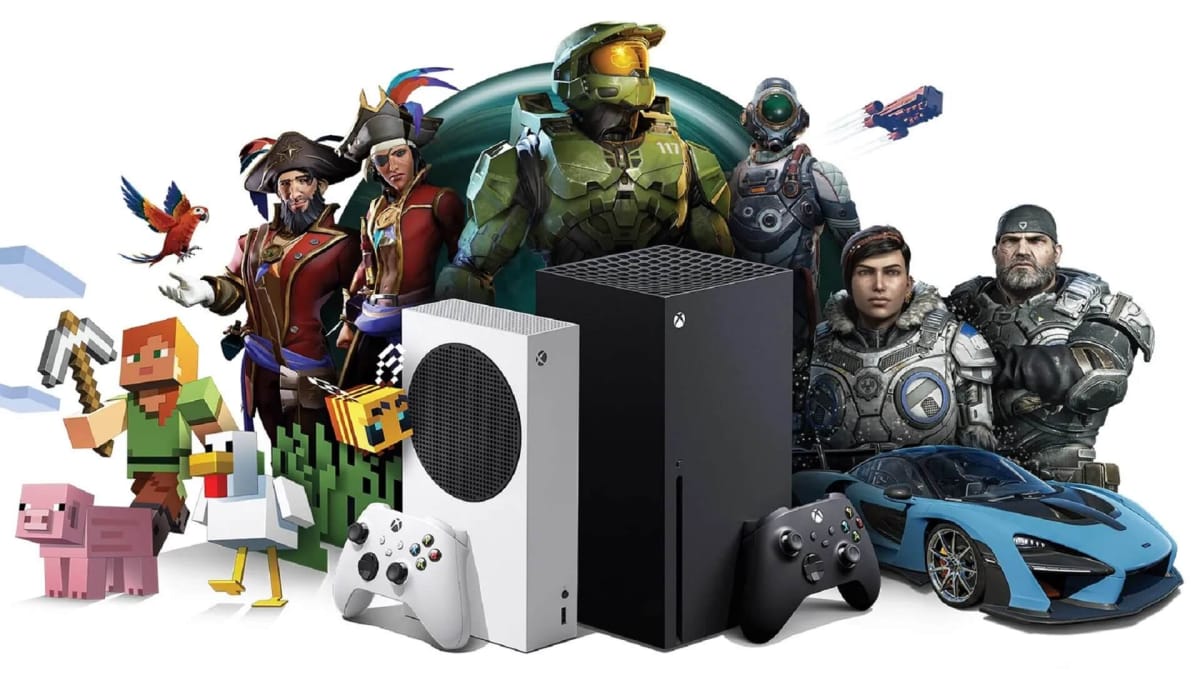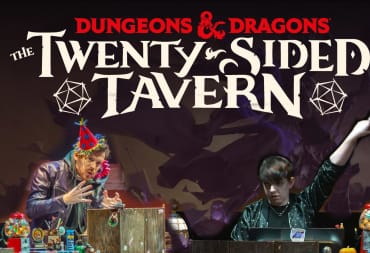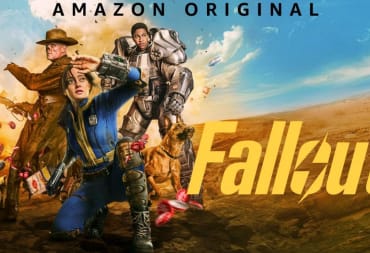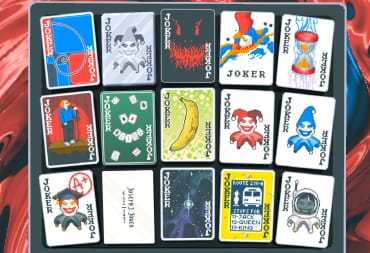On May 6, Xbox tweeted that some users were struggling to access their Xbox games and content. This issue persisted throughout that weekend; several times, Microsoft announced that the problem was fixed, only for users to pipe up that this wasn't actually the case. Many gamers were still having problems not only playing games they'd already bought (or titles that were available on Xbox Game Pass), but also purchasing content via the Xbox Store or playing games via the cloud. Eventually, it seems like the problem was fixed, but one question remains: Why did this happen? The answer, in a nutshell, is the Xbox DRM system Microsoft uses.
For this story, we reached out to several studios and individuals, both for comment and to help us better understand Xbox DRM systems. This story was constructed with significant help from Does It Play collective member and computer science professor Raymater, as well as Digital Foundry's John Linneman. We reached out to Microsoft for comment, but they didn't get back to us. Let's take a look at exactly what the Xbox DRM system is, what it does, and why it stopped gamers from accessing their games and purchases.
What is the Xbox DRM system and why did it stop gamers from accessing content?
In a nutshell, whenever you want to play a game on your Xbox console (or on the Microsoft Store on PC), your machine will check whether you're online. If you are, it validates your license and allows you to play the game. If, however, you're offline when you try to play, then Xbox won't be able to check for your license and will therefore deny you access to your content. When it comes to Game Pass, Microsoft says your PC needs to check online for a license every 30 days, and if it can't do that, you can't play your games.
The console situation is even more restrictive; you need to designate an Xbox as your "home Xbox" to play offline, and it still needs to check for a license every 30 days. The problem is that it's not just your connection. It's true that if you're not online, you can't play your games, but that also means that if the Xbox servers go down, you're forced offline, which in turn means you're still prohibited from accessing your content. Essentially, this is why many gamers were unable to access their games on that May weekend; it's because the Xbox servers were intermittently dropping in and out, causing errors across the board.
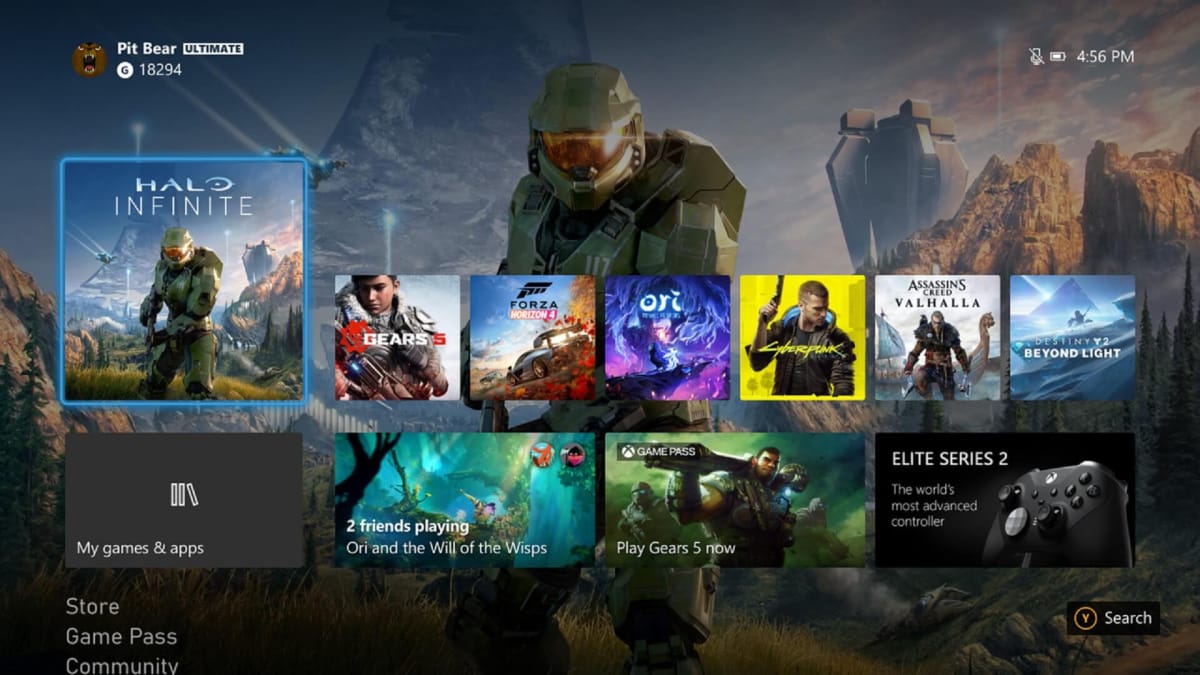
Digital Foundry's John Linneman told us that Xbox DRM authenticates your games via Xbox Live and that initial setup of the console also requires online connectivity, so there's really no part of the process during which you can be offline if you want to authenticate your games. In theory, however, you can circumvent this by setting your Xbox as your "home" console; you should then be able to play your games offline. However, this isn't foolproof, and it doesn't always follow for physical games either. To put it simply, you can't ever guarantee that an Xbox ecosystem game will 100% be playable offline until you try it, which is frustrating. Linneman describes this unpredictability as "the fundamental issue."
Of course, Xbox is a very digital platform these days and most users rely on digital downloads. By and large, this functions as intended provided your system is configured as the ‘Home’ Xbox, but there are caveats as well. Even when using your ‘Home’ console, certain games still fail to launch asking you to connect online before allowing you to start the game. This is fundamentally the issue – the behavior of games is unpredictable, and, while many will function offline, others simply won’t start without authentication with the server. While this makes perfect sense for Game Pass titles, which you do not own, it is frustrating when games you’ve purchased become inaccessible.
Another issue to consider here, as Linneman pointed out to us, is that if Xbox One games support Smart Delivery, then there's a good chance that physical copies of those games are just Xbox One titles that you then update on your console. This means that if you try to install and play those games on your Series X without an online connection, then you'll be met with an error asking you to connect online. While both Linneman and Raymater recommended buying physical copies of games to try to circumvent the always-online requirement (albeit acknowledging that this doesn't solve the issue completely), Smart Delivery games simply don't work this way, so there's still a good chance that if you buy a game on disc, you won't be able to play it unless you're online. Naturally, this also has some implications for game preservation, which is becoming more and more of an issue in an increasingly online world.
There's another worrying element to this Xbox DRM system, too. According to data collected by The Verge, a large proportion of the U.S. is currently accessing the internet below "broadband speed," currently defined at 25Mbps. With unreliable and spotty internet connections being endemic to much of the U.S., this means that even if Xbox servers don't go down, a potentially huge number of Xbox gamers could be completely unable to access content according to the whim of their broadband connection. This also has myriad implications for cloud gaming, which Microsoft is heavily involved in; if gaming moves closer to the cloud, much of the U.S. will be left high and dry. You'd expect owning a game and not needing to stream it to counteract this issue, but given the Xbox server issues outlined above, it simply isn't that straightforward.
Can this issue be resolved?
Happily, there is a way to mitigate the Xbox DRM issue, although it doesn't guarantee complete immunity from being locked out of your content. If you set your console as your "Home Xbox," which you can do within the Personalization menu, then you should be able to access content offline. However, this isn't foolproof. As pointed out by Raymater, you will need to be online in order to set your home Xbox, so you'll need to do this pre-emptively. Raymater also points out that Xbox will only let you change your home Xbox up to five times in a year, which he says can "quickly become restrictive" if you've got multiple Xbox consoles.
For this reason, Raymater says you should buy physical copies of games where possible, but even this isn't a foolproof solution, as Linneman has already pointed out. Raymater makes the point that many Xbox Series X games are actually incomplete versions of the game that need to download extra data in order to work, which they obviously can't do if you're offline. Raymater points to Halo Infinite and Forza Horizon 5, both of which contained only partially complete data on their discs, as recent examples. There are games, such as Devil May Cry 5 or Judgment, that can be installed entirely from the disc, but again, this is unpredictable.

Another question is whether or not Microsoft would actually want to resolve this issue. While we don't know exactly why Microsoft has implemented restrictive online DRM as it has, Raymater speculates that it could be down to Microsoft wanting to gather data on your Xbox system usage (and potentially resell it to third parties). There's also a good chance the restrictive DRM has to do with wanting to prevent piracy, as well as keeping greater control over the Xbox ecosystem. Raymater's thoughts on Microsoft's attitude towards DRM are about as acerbic as you'd expect.
Some manufacturers like Microsoft do not care much about a lack of connectivity to their service because they consider it an obvious achievement. And it’s not just a simple DRM problem. But if you buy (and I insist on the notion of buying) a game on the Microsoft Store, you can’t play offline it. You will have an error (code: 0x803f9008). And it really is an aberration. Because if you buy a game, even online, you are supposed to have it forever and therefore it must remain accessible offline or online without exception. Imagine that you can’t read your books at home because the publishing house is on fire. Why did they do this? Frankly, I don’t know. Perhaps to have statistical data on the use of Xbox consoles and resell personal data?
Raymater's reference to not being able to read books actually has precedent here, too. All the way back in 2009, copies of George Orwell's novels, including classics like 1984 and Animal Farm, were remotely deleted from users' Kindles without their knowledge or consent. Amazon later claimed this was due to a rights issue, but it has worrying parallels with the Xbox DRM situation; Amazon was able to remotely remove content from Kindles, thus ensuring users could no longer access it. Of course, the situations aren't identical, but this is another case of digital content having no inherent protections, even if you've bought it.
Do Sony and Nintendo have similar systems?
Sony and Nintendo's systems are significantly different, although they do both use DRM. Nintendo, for example, needs to check an online license every so often (and the time frame is pretty vague) for Switch Online games, while PlayStation Plus games, including those being offered as part of the June overhaul, require your console to be set as "primary" to play them offline (and also require regular validation).
As Linneman points out, the major difference here for both Sony and Nintendo is that you can access and play your digital games offline on both PlayStation consoles and the Switch, as long as they're set as your "home" console. In addition, you can play physical media on both the Switch and PlayStation consoles without ever needing to connect to any kind of server to do so. That's a pretty huge difference, and it's one Microsoft shouldn't be too proud of.
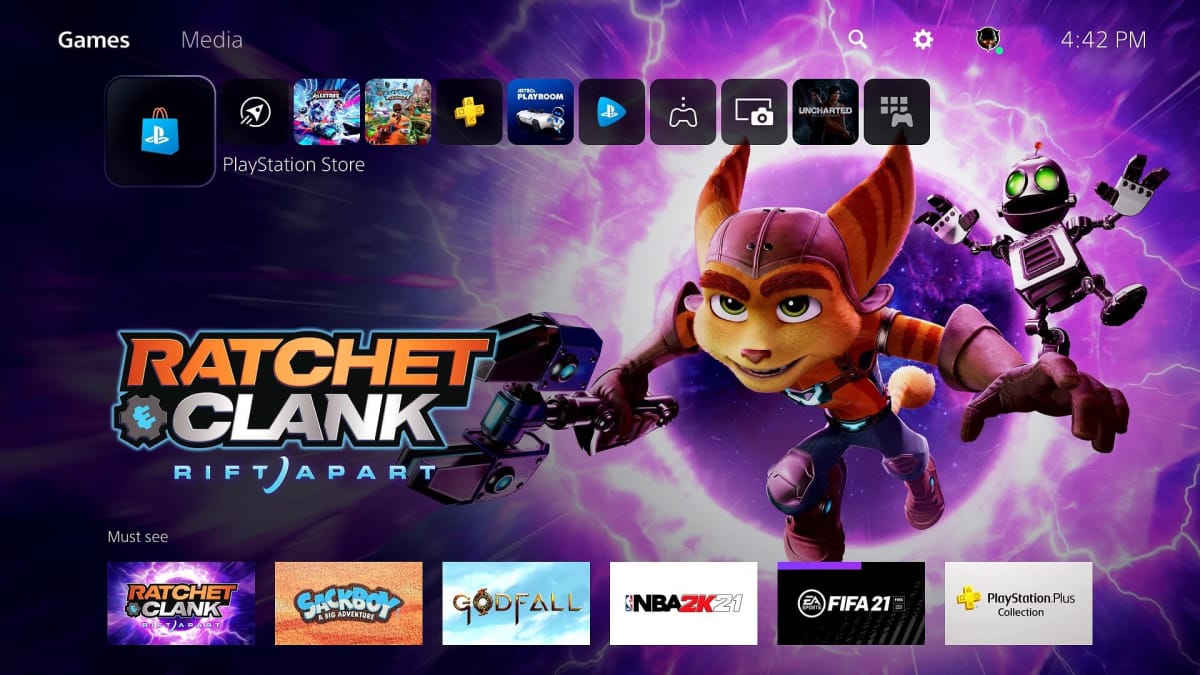
Both Linneman and Raymater point to the PlayStation CBOMB issue as evidence that Sony isn't above reproach in this area, however. As Raymater explained to us, the CBOMB issue (a combination of "CMOS" and bomb) caused many PlayStation consoles to fail to recognize game licenses, meaning that both PS4 and PS5 games, even physical copies, couldn't be launched without an internet connection. However, Sony has since rectified this issue via a system update, so it shouldn't happen anymore. In addition, Linneman points out that Nintendo Switch games will sometimes refuse to launch until you install a patch, which can be a problem if you're unable to do so. You can, however, apparently resolve this issue by "returning your Switch to default settings," according to Linneman, so it's not a major roadblock in the same way that the Xbox DRM can be.
What should Microsoft do to fix this problem?
We asked both Raymater and Linneman what Microsoft should do to rectify this problem. Raymater said that the most important thing for Microsoft to do is to "listen to the players." The company should remove its online console activation requirement, revise its physical game policy, and remove the Home Xbox functionality limitation, according to Raymater. This would also help to avoid an attack like the 2011 PSN outages, which would, per Raymater, be "even more detrimental to players" if it were to happen today. Here's what Linneman told us he wants to see from Microsoft by way of resolution for the Xbox DRM issue.
The Xbox as a platform is truly coming into its own in terms of available software and in quality of hardware so this DRM situation is frustrating for many of us. I would like to see changes, such as the option to use whatever content is included on a disc without online authentication even if it’s not the native Series X application, and the removal of the online requirement for initial setup. I wouldn’t expect the entire DRM solution to change in any significant way, but I would appreciate additional clarity into how and why game behavior is so variable.
We've been here before, of course. Back in 2013, Xbox introduced extremely controversial DRM plans which involved the Xbox One always requiring an online connection in order to authenticate games. That policy was hugely unpopular, causing Microsoft to swiftly backtrack on it and to no longer require Xbox consoles to always be online in order to validate content. Although the current Xbox DRM situation isn't identical to 2013's implementation, it does share a need to constantly be online in order to verify digital purchases (and some physical ones), even if your console is set as your "home" unit. Given that Microsoft has made noises about industry-wide game preservation, this aggressive approach to online DRM seems counterintuitive at best and actively harmful at worst.
Have a tip, or want to point out something we missed? Leave a Comment or e-mail us at tips@techraptor.net
